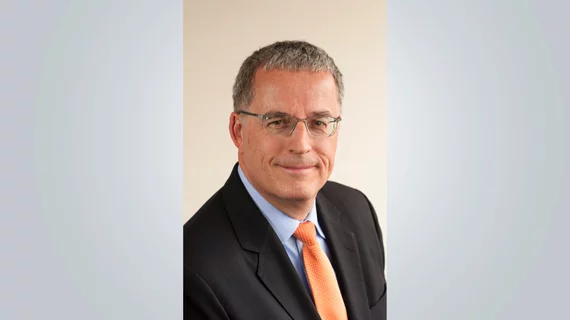Medical isotope specialist NorthStar announces new executive hire
Diagnostic and therapeutic radiopharmaceutical company NorthStar Medical Technologies has appointed Frank Scholz, PhD, as senior vice president and chief operating officer, according to an announcement sent out Monday.
In his new role, Scholz will lead the Beloit, Wisconsin, firm’s ongoing efforts to expand molybdenum-99 (Mo-99) production. He will also oversee technetium-99m generators and new therapeutic radioisotopes copper-67, actinium-225 and SPECT imaging agent, FibroScint.
“I’m excited to join NorthStar in its mission to develop and commercialize novel radiopharmaceuticals, and to introduce innovative technologies that can significantly benefit U.S. and global healthcare,” Scholz said in a statement. “NorthStar has a highly capable team and I look forward to working with them across the company’s impressive range of transformational projects.”
Before joining NorthStar, Scholz worked as managing director at AlixPartners, where he led projects related to pharmaceuticals and medical devices, among other efforts. Prior to that, he spent more than six years with Mallinckrodt Pharmaceuticals.
“Frank’s strong leadership and operations experience in the pharmaceutical and medical devices industry optimally position him to help lead the next phase of NorthStar’s growth and success,” Stephen Merrick, president and chief executive officer of NorthStar, said Monday.

